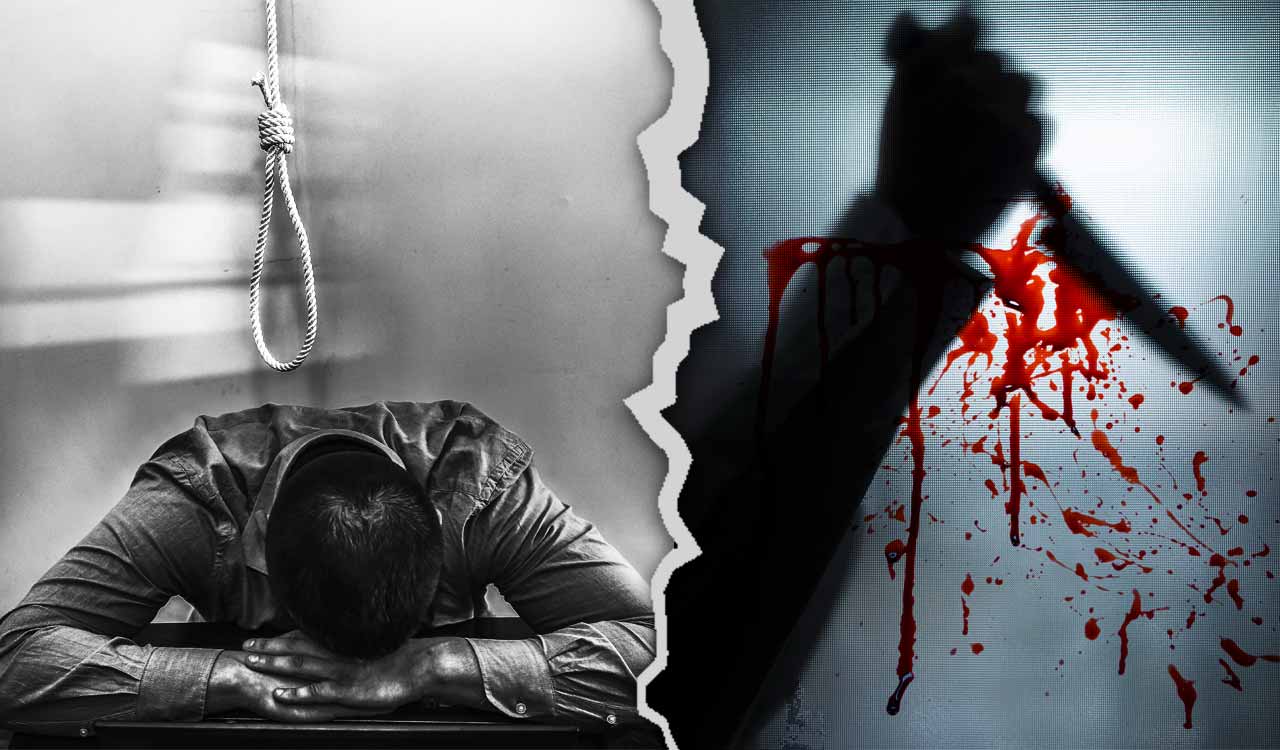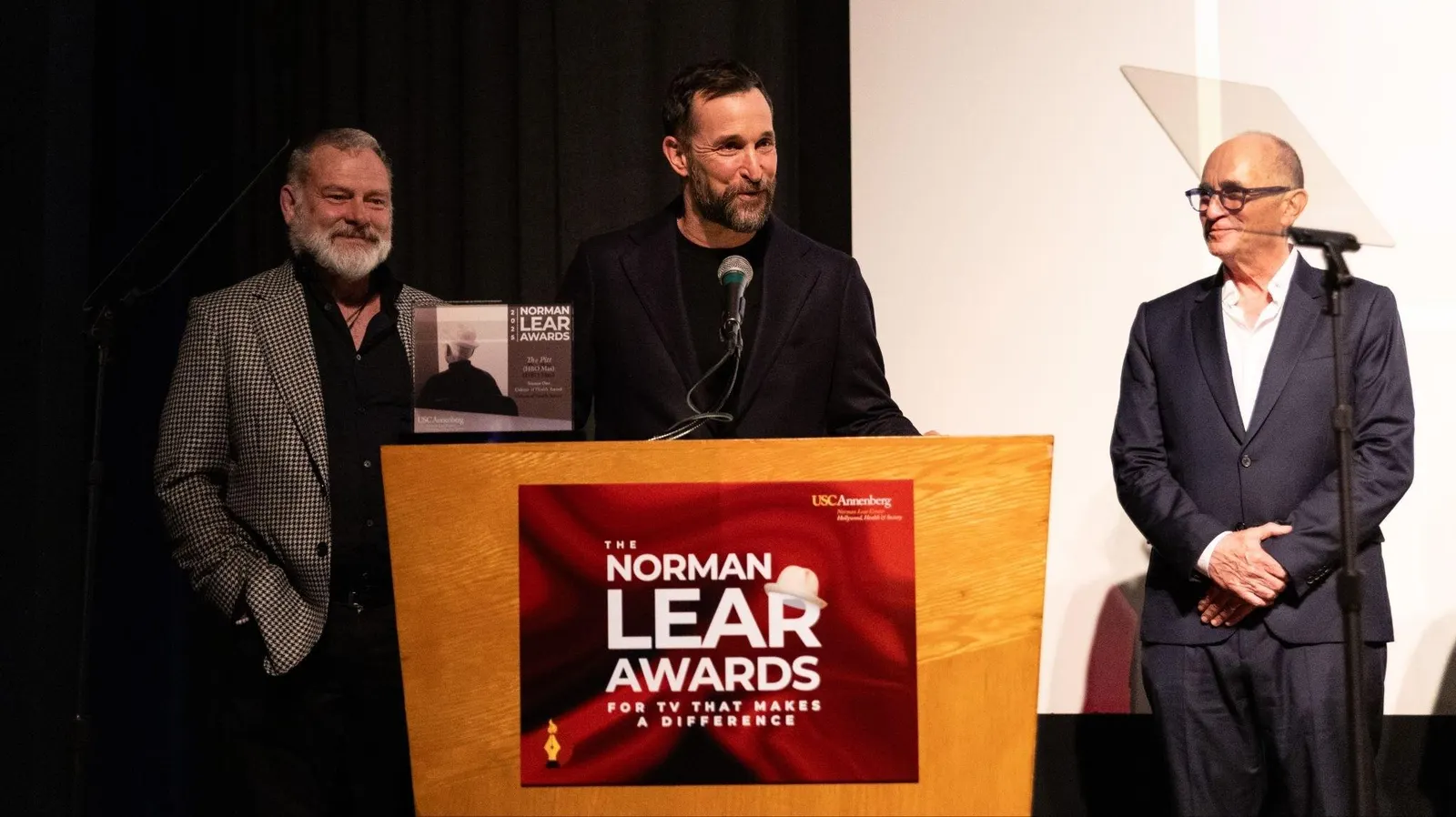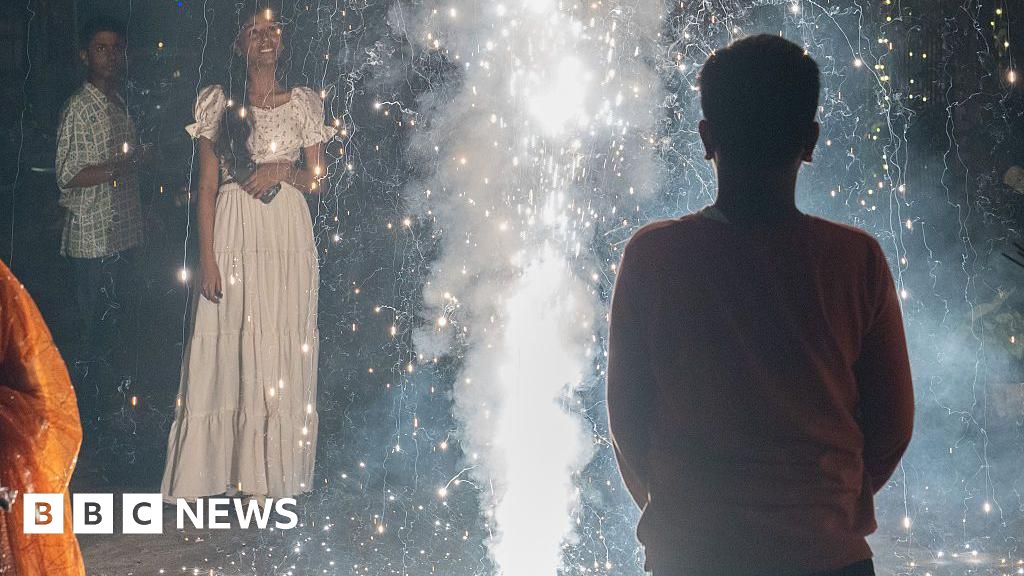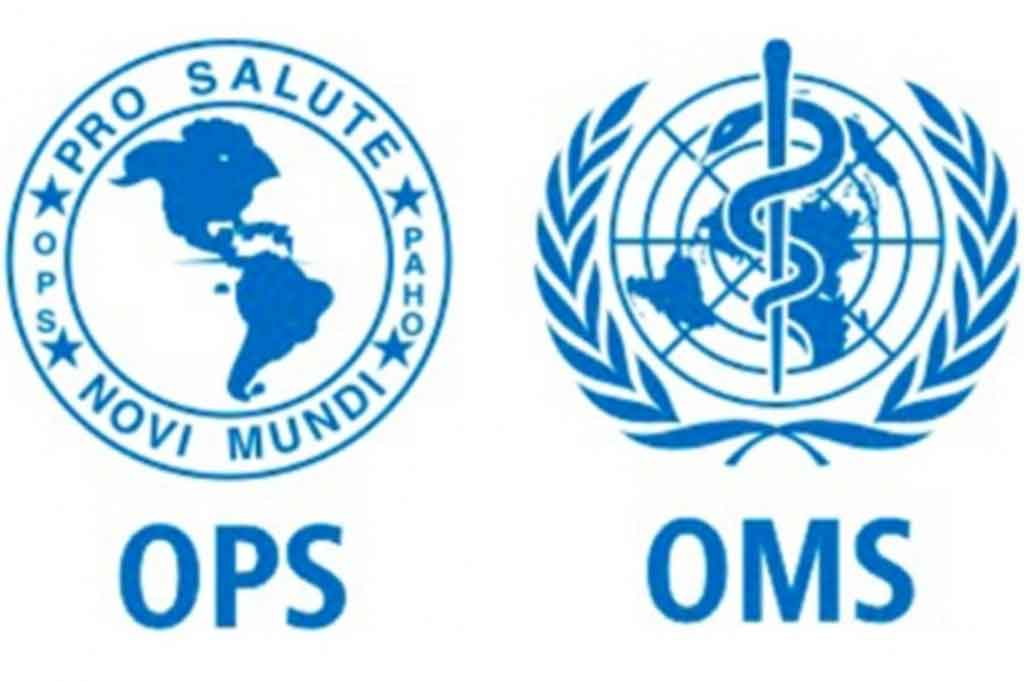Copyright trinidadexpress
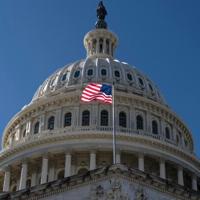
The US Senate has blocked a move to direct the removal of US Armed Forces from unauthorized hostilities within or against Venezuela - a bipartisan resolution presented on Thursday afternoon failing to be passed on the Senate floor. A vote was held to discharge Resolution S.J.Res.90, the Venezuela Hostilities Removal Resolution, a resolution sponsored by Democrats Tim Kaine and Adam Schiff and Republican senator Rand Paul on October 16. It aimed to invoke the 1973 War Powers Resolution which asserts that US military action should be approved by US Congress. The motion was not agreed to, 49 US senators voting favour, but 51 voting against. But it came as the US has carried out at least 16 lethal boat strikes in the Caribbean, killing at least 66 whom it alleges were “narco-traffickers,” and one of the largest military buildups in the region in recent history, including warships, amphibious resources and at least 10,000 troops. The failed resolution argued that the US Congress has the sole power to declare war under the US constitution, which it has not yet done upon Venezuela or any person residing within it. It stated that US armed forces actions within or against Venezuela are either hostilities or a situation where involvement in hostilities is clearly indicated. Trump’s confirmed authorization of US Central Intelligence Agency (CIA) action within Venezuela, the significance of military resources in Venezuela's proximity and statements from US officials on planned ground strikes, it argued, indicate imminent US involvement in hostilities against Venezuela. The resolution stated that the question of whether armed forces should be engaged in hostilities within or against Venezuela should be answered in a full briefing to congress and the American public, debated, and voted on by congress. It called for the President to terminate the use of US armed forces for this purpose unless explicitly authorised by a declaration of war or a specific authorization. If passed the resolution could have been vetoed by President Trump, had it landed on his desk for signature. But the vote puts on public record the US Congress’ attempt to limit the US’s actions in the region. The War Powers Resolution has been invoked numerous times, but is rarely enforced. In October, Senate republicans blocked a similar resolution brought by democrats Kaine and Schiff. That resolution also sought to bar Trump from using military force against boats in the Caribbean Sea by invoking the Act, which requires that resolutions to terminate hostilities be considered under expedited procedures. In presenting the resolution in Washington yesterday, Kaine cited Trump’s confirmation of “covert” CIA operations in Venezuela, his contemplation of land strikes, the rerouting of the one of the world’s largest warships, the USS Gerald R Ford Carrier to the US SOUTHCOM region and reports that US officials had identified targets in Venezuela. Kaine said that these events suggested the country was on the verge of something, and that Venezuela could do significant damage to US assets and sailors if the US’ strategy was misread. He said that the lives and health of US troops should not be put at risk without a debate and vote in Congress. “I stand here Mr President to urge my colleagues…not to abdicate, do not abdicate the powers to declare war…If Congress is not willing to have a debate and say the mission was worth it, it is the height of I would call it public immorality, to nevertheless require people who are serving to risk their lives and their health,” he said. In his address Schiff said that the country may be on the precipice of war with Venezuela, citing the presence of more than 400 missiles and other vertical armed systems which he said were on Venezuelan President Nicolas Maduro’s doorstep,. “Are we supposed to believe that this is only about striking speedboats? If so, why will there be 10,000 American Service Members in the vicinity? Why fly three B52s from the US to the region? Why have a B1 supersonic bomber flown off the coast of Venezuela just last a few weeks for a so-called bomber attack demonstration? That is not my definition of the mission, that is what the Pentagon called it. Bomber attack demonstrations for what? To blow up fishing vessels?” said Schiff. Schiff said he believed Maduro was in fact a bad actor but that the American people did not want to go to war. President Trump over the weekend denied US plans for a war with Venezuela but claimed that Maduro’s days were numbered. Schiff said yesterday that his colleagues should however consider the administration's actions and not just the President’s words. “If it walks like a military buildup and talks like a military build up it might just well be a military build up,” he said. Paul, who has been vocal in his opposition of the boat strikes since they began in September warned of potential the blowback of the US’ military campaign, stating that action on Venezuela and overthrowing Maduro could destabilise the region. “Any war will exacerbate the already humanitarian crisis in Venezuela and lead to mass migration into neighbouring countries already struggling under the strain of millions of refugees and rest assured, many of those who flee the disaster of the war that will come will make their way to the United States,” he said. His colleague Republican Senator Lindsay Graham however opposed the resolution claiming that requiring congressional authorization for war would lessen the executive power of the US President. He said that senators opposed could pass laws denying funds used for military operations in the Caribbean. He said he agreed with Trump’s assessment that the alleged drug carrying boats were transporting drugs to US shores and constituted a national security threat to the nation. “I like the idea that our Commander in Chief is not telling narco terrorist organizations you are not only a foreign terrorist organization but when you engage in threats to our country, a boat heading to America full of drugs, we are going to take you out,” he said. “That is going to stop the flow of drugs, we secured the border and now we have to go to the networks that supply the drugs that eventually come to our shores and kill Americans,” he added. Graham claimed that Venezuela, under the leadership of Maduro, was a narco terrorist state, and not a sovereign country. Referencing a US $50 million reward for information leading to Maduro’s arrest, he said the Venezuelan President was not a legitimate ruler. He claimed that both Venezuela and Maduro were an “existential threat” to the people of the US. “That is a narco terrorist state run by a drug kingpin that's used as a base of operations to send deadly drugs into our country and it needs to stop. Whatever power President Trump would like to use to stop it, I think he has the authority of the constitution,” he said. Graham also alleged connections between Maduro and Hezbollah, a Lebanese Shia Islamist political party and paramilitary group considered a terrorist organization. He said that the US had what he called a “drug caliphate” in its backyard, and further states that the US ought to do more than blow up drug boats. “We have to go to the problem on the land, who loads the boats, who makes the money off the boats, I don't know where this is going in Venezuela but I know this, President Trump has said that Maduro’s days are numbered, they should be. I like a lot about president Trump, he is a man of peace until he is not,” Graham said. Republican Senator James Risch said that the actions taken by Trump were justified, and not just lawful but his duty to protect the American people. “Some democrat members and members of the media have claimed that President Trump does not have the authority to conduct these strikes. I’ll tell you right now, that is plain wrong. I myself and many of my colleagues have sat recently through hours of briefings and analysis by government legal departments and attorneys who have studied these issues,” he said.
